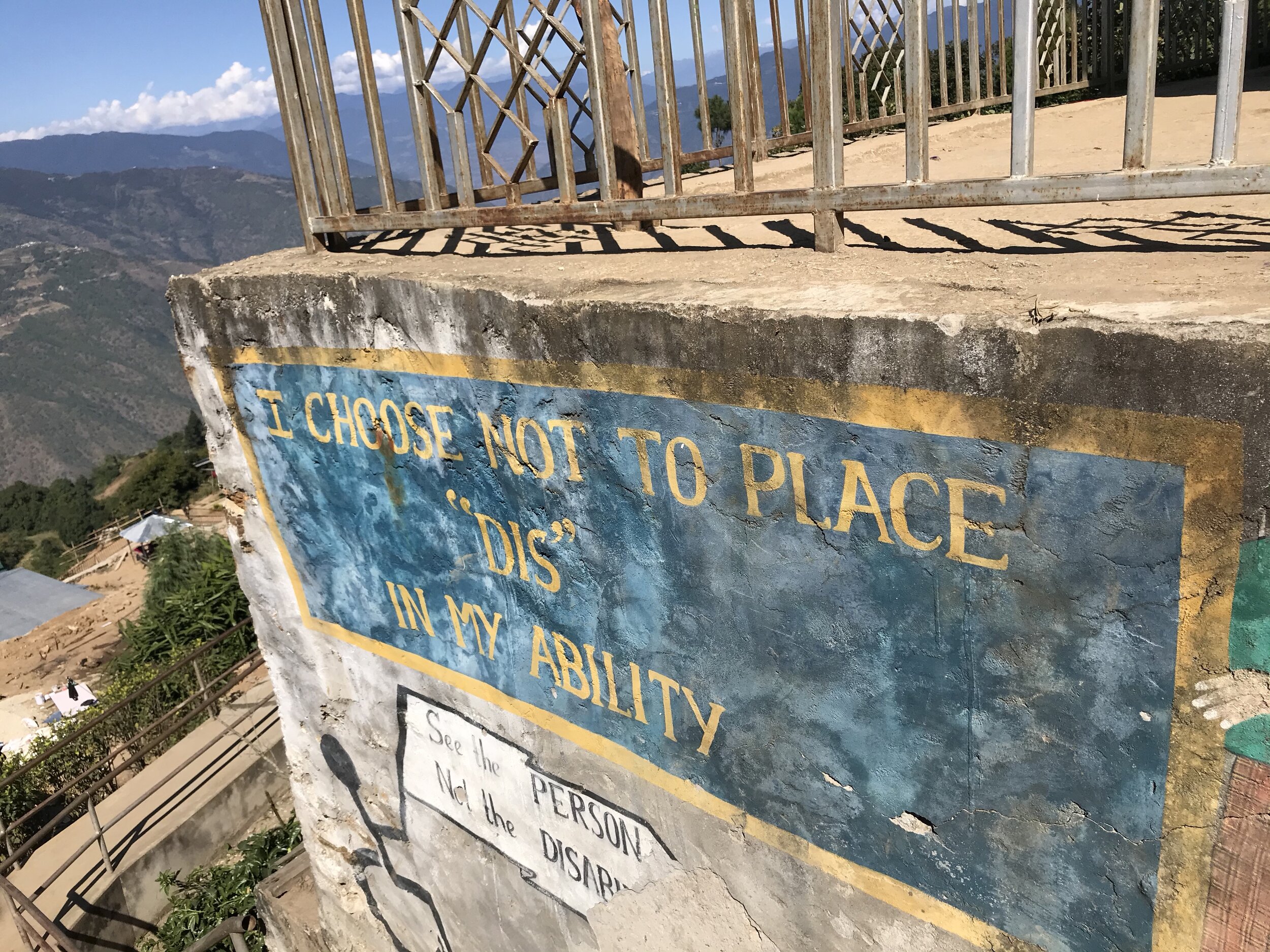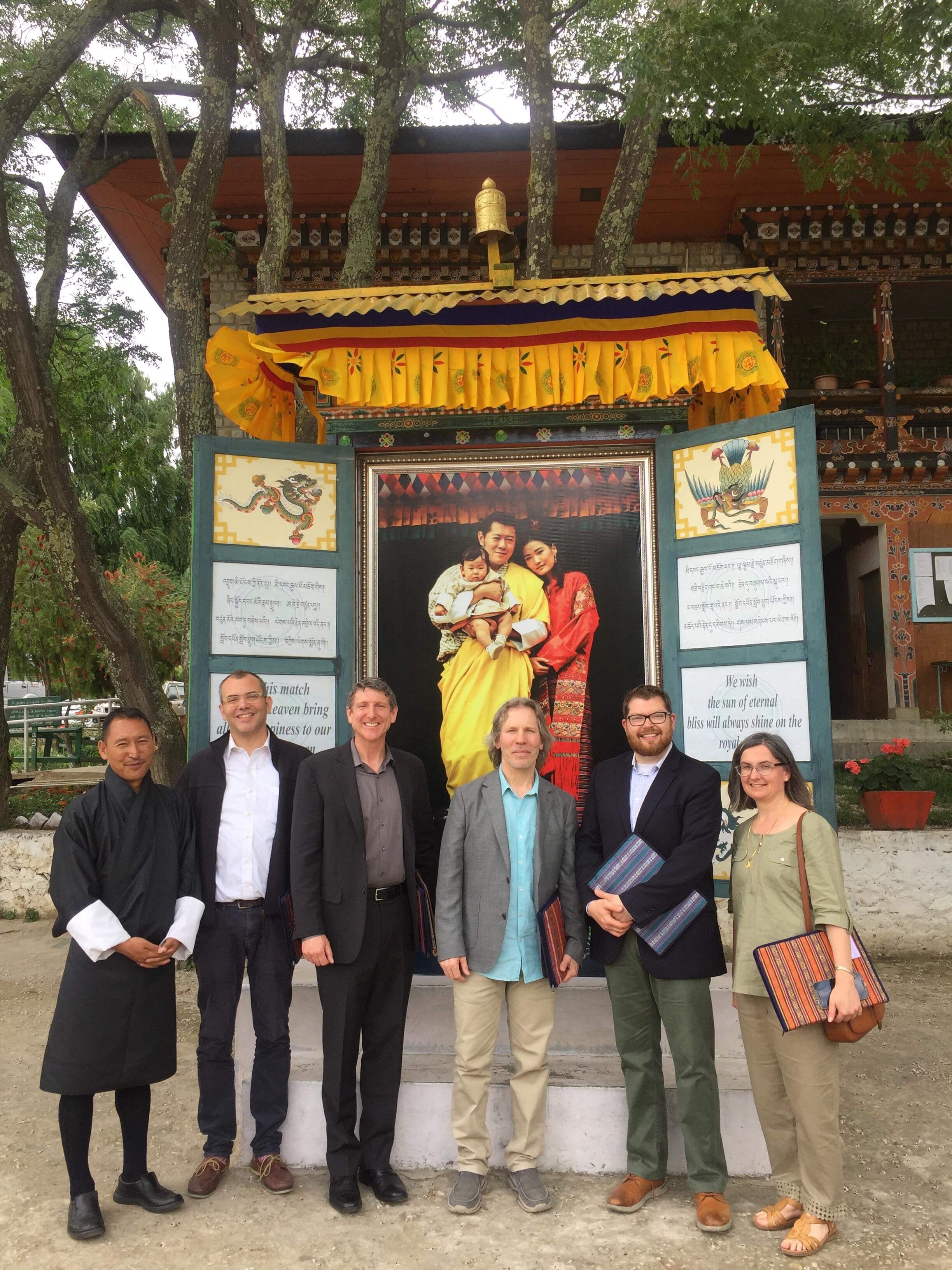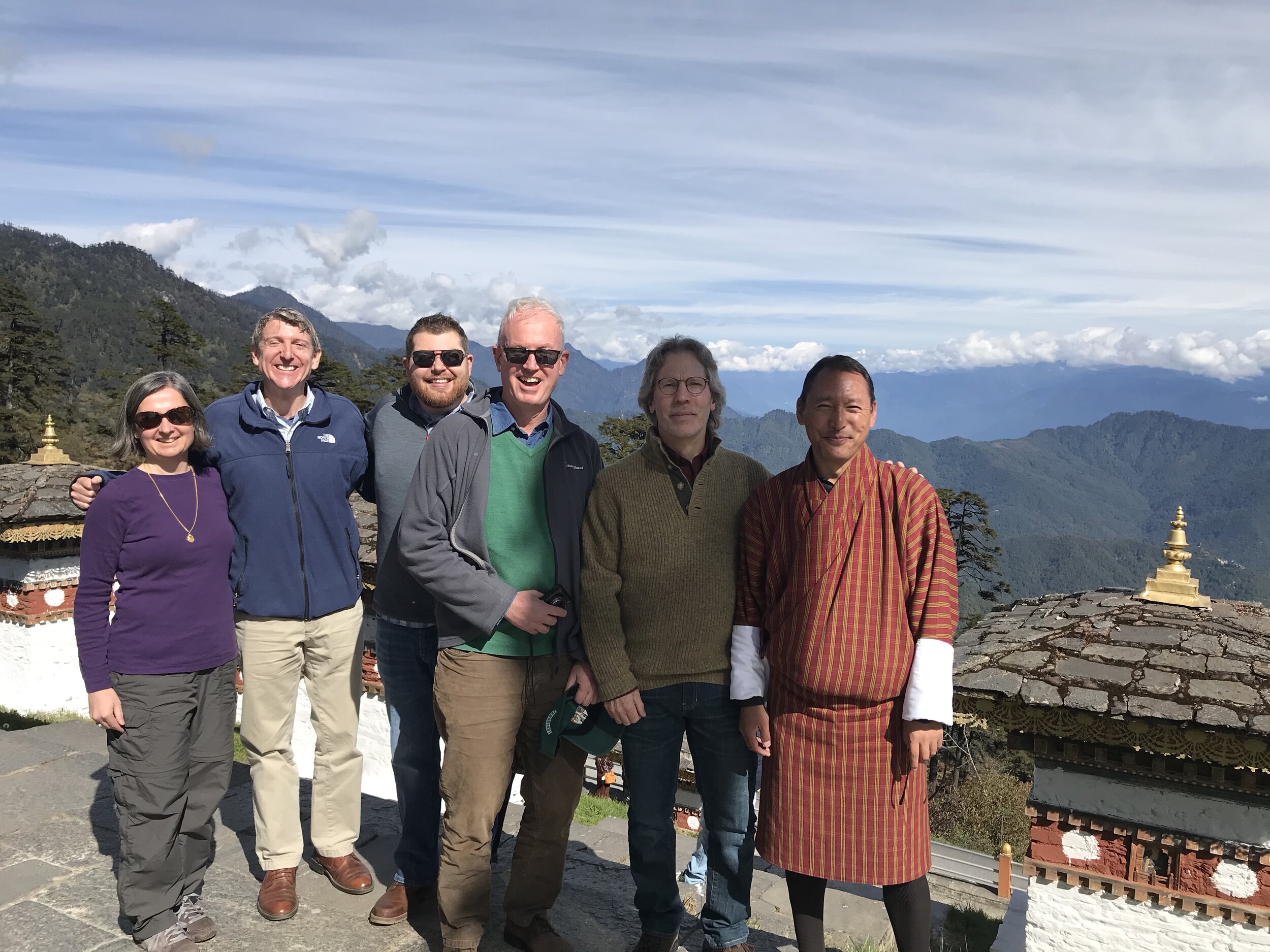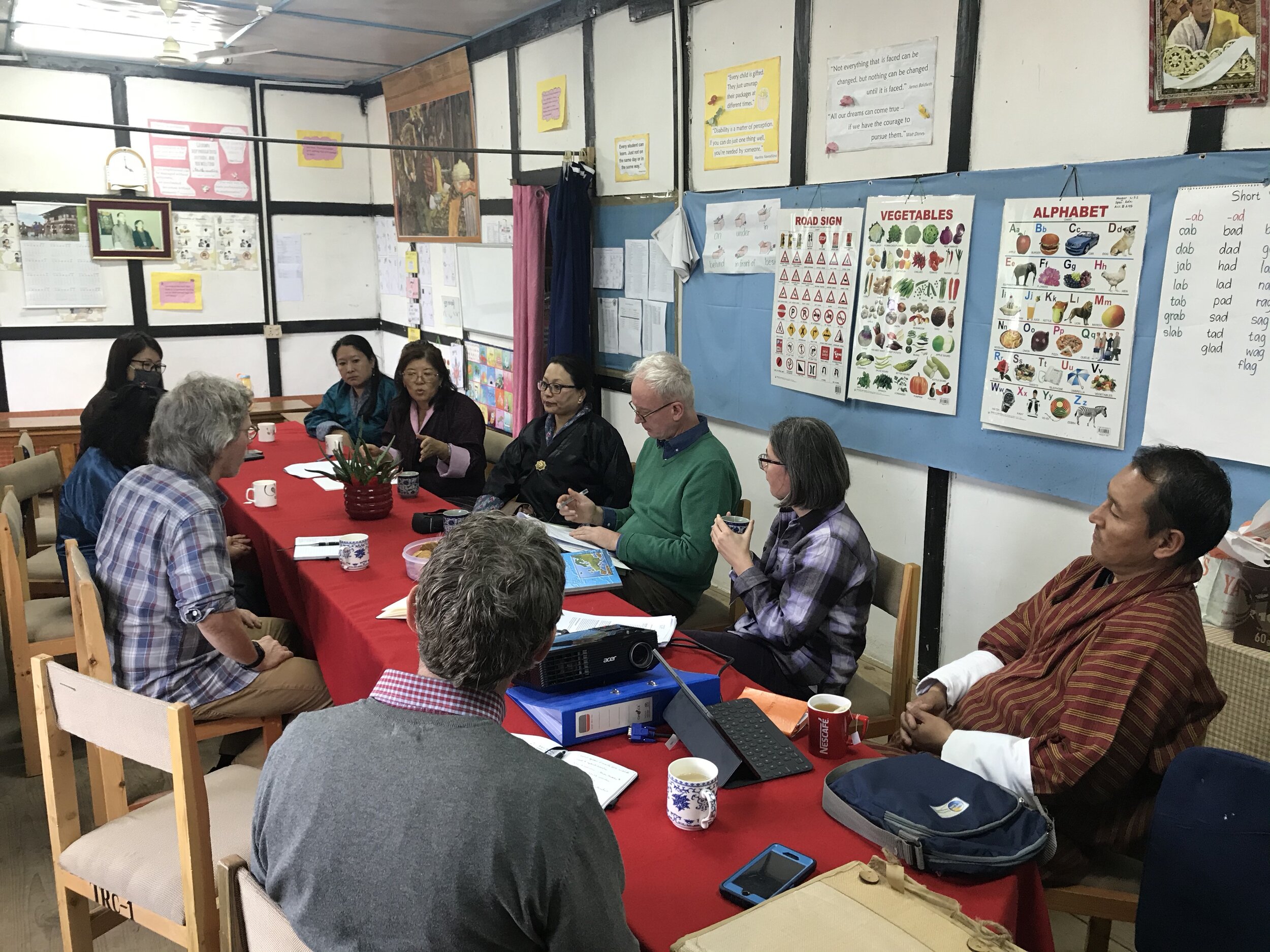
Meaningful Social Engagement for Persons with Disabilities in Bhutan
2018 – 2021
Reports and publications associated with this project
Mapping Disability Stories in Bhutan, an interactive StoryMap featuring participants from this project
Disability-Inclusion Resources for Employment, Coaching, and Training (DIRECT), online resource and learning center focused on advocating, supporting, and advancing socio-economic participation of persons with disabilities through meaningful work and social participation. Created by this project! http://direct-inclusion.com
The trailer for our documentary film from this project is now available! See below.
About this project
Globally, a majority of persons with disabilities are marginalised and excluded from equitable access to, and meaningful participation in, training and employment opportunities. As there is a significant relationship between disability, poverty, and inequality; supporting inclusive employment and community participation for persons with disabilities represents potential impact not just in the lives of persons with disabilities themselves, but also in their families, communities, societies, and national economies. As a low and middle-income country nestled in the Himalayas, Bhutan also has great economic and social challenges now and predicted into the future, with high youth unemployment in urban areas (23%) and the youth population expected to grow significantly. Access and participation to economic and community activities for youth with disabilities is limited in Bhutan, as members of this population are classified as 'economically inactive' and receive very little resource and assistance in areas such as school transition, skills and vocational training, access to credit, and inclusive employment.
In response to these challenges in Bhutan, and around the world, in phase one of this project we will conduct a methodologically innovative and comprehensive survey of access and participation of youth with disabilities in the economy and community. Survey methods include: adapting currently validated survey and indicator instruments development at the University of Minnesota Institute on Community Integration (UMN ICI); conducting employer perspectives and attitudes surveys; conducting focus groups of nearly 200 community stakeholders; conducting case study profiles of youth with disabilities; using GIS spatial and network mapping to uncover social, community, and economic network and services; using micro-narrative quantitative spatial analysis; and conducting a political economy assessment.
This survey will lay the foundation of understanding in implementing phase two activities, which begins by implementing a bespoke Employment Assessment Toolkit, previously developed by the University of Birmingham. The Toolkit will provide person-centred planning and assessment, as well as an evaluative baseline, to support the following interventions: entrepreneurship and employment skills workshops for youth with disabilities, piloting three coordinator positions (Inclusive Employment Coordinator, Entrepreneurship and Self-Employment Coordinator, School Transition Coordinator), and piloting a microfinance grant scheme to support entrepreneurship and access to employment and skills training for youth with disabilities in Bhutan. Additionally, a group of 10 Bhutanese Inclusive Employment and School Transition Fellows - professionals working in and around this area in Bhutan - will be selected to participate in training at the UMN ICI. Through this project, we seek to understand the effectiveness, sustainability, and scalability of these interventions, and in their potential for transferability to other low and middle-income countries in South Asia and across the world.
The last phase of the project will involve multifaceted impact evaluation of the interventions and project activities, as well as exciting impact activities. These impact activities include a South Asia Regional Summit on Skills and Economic Participation of Youth with Disabilities and a commissioned documentary film featuring the daily-lived experiences of youth with disabilities and the activities of this project. This film will be made by Bhutanese filmmakers and will employ youth with disabilities themselves as support crew. The film will be debuted in Bhutan, with distribution worldwide.
Project Personnel
Principal Investigator: Dr. Matthew Schuelka
Co-Investigators: Dr. Brian Abery, Dr. Renata Ticha, Dr. Chris Johnstone, University of Minnesota ; Dr. Kezang Sherab, Royal University of Bhutan ; Sonam Tshewang Ura, Royal Thimphu College ; Dr. Paul Lynch, University of Glasgow ; Dr. Luca Mannocchi, Dr. Sarah Benson, University of Birmingham
Research Assistants: Dip Raj Pradhan, Jamyang Pelmo, Tshering Wangchuk, Vanlallawmkimi, Royal Thimphu College
Project Coordinators: Tashi Yetsho, Bhuwan Khafley, Royal Thimphu College



A project generously supported by UK Research Innovation, Economic and Social Research Council (Global Challenges Research Grant #ES/S004319/1) and UK Government Official Development Assistance,


Follow the project on Fora social media,
as well our Bhutan-specific twitter account:





















